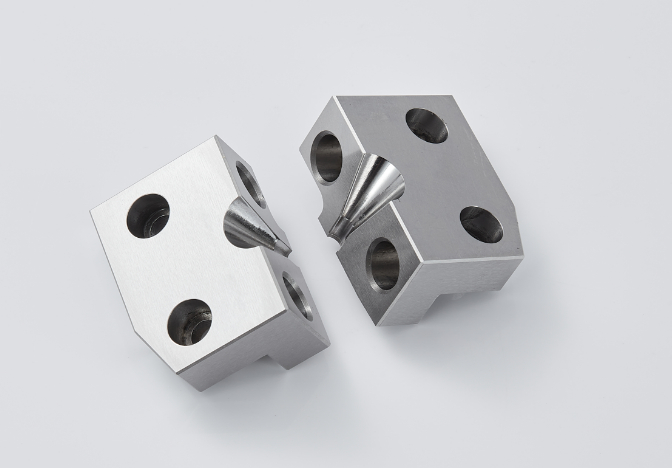What is Machine Tooling?
Dec 13, 2024
Machine tooling refers to the essential process of designing and manufacturing fixtures, tools, and equipment used in industrial production. This critical area of engineering is fundamental to industries such as automotive, aerospace, electronics, pharmaceuticals, and general manufacturing. From ensuring the accuracy of components to optimizing efficiency, machine tooling forms the backbone of modern industrial production processes.
Understanding the Role of Machine Tooling in Production
In manufacturing, machine tooling precision fixtures are indispensable for achieving consistent quality in high-performance parts. These tools secure workpieces during machining or assembly, ensuring stability and precision in operations.
For instance, in the automotive industry, fixtures are used to align and secure components like engine blocks and transmission parts for machining. Without the precision offered by such tooling, achieving the tight tolerances required for high-performance vehicles would be nearly impossible.
Similarly, the aerospace industry relies heavily on machine tooling to manufacture components that meet stringent safety and performance standards. Tools like jigs and fixtures are used to ensure that every rivet, panel, and fastener is perfectly aligned, a necessity in an industry where precision can save lives.
Key Types of Machine Tooling
High-Performance Parts Manufacturing
Machine tooling plays a pivotal role in creating high-performance parts across various sectors. For example, specialized cutting tools and precision fixtures ensure that each component meets rigorous design specifications. High-performance parts often require advanced materials, such as titanium or carbon composites, which demand custom tooling to handle their unique properties.
Tooling for Automated Systems
With the advent of automation, machine tooling for automated systems has gained significant importance. These tools are designed to integrate seamlessly with robotic systems, enabling faster production cycles and reduced human intervention. Automated tooling solutions often include quick-change systems, modular fixtures, and adaptive tools that can handle diverse production needs.
Precision Fixtures for Complex Designs
As product designs become more complex, the demand for precision fixtures has grown. These fixtures are engineered to hold intricate workpieces in place during manufacturing, ensuring dimensional accuracy. Advanced precision tooling often incorporates smart sensors and adjustable components to accommodate the smallest tolerances.
Applications of Machine Tooling Across Industries
Machine tooling’s versatility makes it a cornerstone of multiple industries. Below are some examples:
Automotive
Custom fixtures for assembling chassis and drivetrain components.
Precision tooling for fabricating engine parts.
Aerospace
· Tooling for manufacturing turbine blades and fuselage components.
· High-performance jigs to ensure alignment in composite panel bonding.
Electronics
· Fixtures for microfabrication processes in circuit board assembly.
· Tooling for high-speed precision machining of semiconductor materials.
Pharmaceuticals
· Specialized tooling for packaging systems and filling machinery.
· Precision equipment for producing medical devices like syringes and implants.
The Evolution of Machine Tooling
The development of machine tooling has been driven by advancements in technology. Today’s solutions leverage CNC (Computer Numerical Control) machines, 3D printing, and AI-powered systems to achieve unparalleled accuracy and flexibility.
For example:
· Additive manufacturing allows for the rapid prototyping of custom tools.
· AI-based systems optimize toolpath planning and reduce material waste.
· IoT-enabled tooling provides real-time monitoring and predictive maintenance.
These innovations have revolutionized industries, enabling shorter production cycles and lower costs.
Challenges in Machine Tooling
Despite its critical role, machine tooling comes with challenges:
· Material limitations: High-performance alloys and composites often require specialized tooling.
· Cost considerations: Advanced tooling systems can be expensive to design and manufacture.
· Maintenance needs: Precision tools demand regular upkeep to maintain accuracy and performance.
Addressing these challenges requires continuous investment in R&D, skilled labor, and cutting-edge technologies.
Machine tooling is an indispensable part of modern manufacturing, providing the precision and reliability needed to produce high-quality components. From machine tooling precision fixtures to tools designed for automated systems, advancements in this field continue to shape industries globally. Whether it’s in automotive, aerospace, or pharmaceuticals, machine tooling remains the cornerstone of efficiency and innovation, driving industries toward a future of greater performance and precision.
